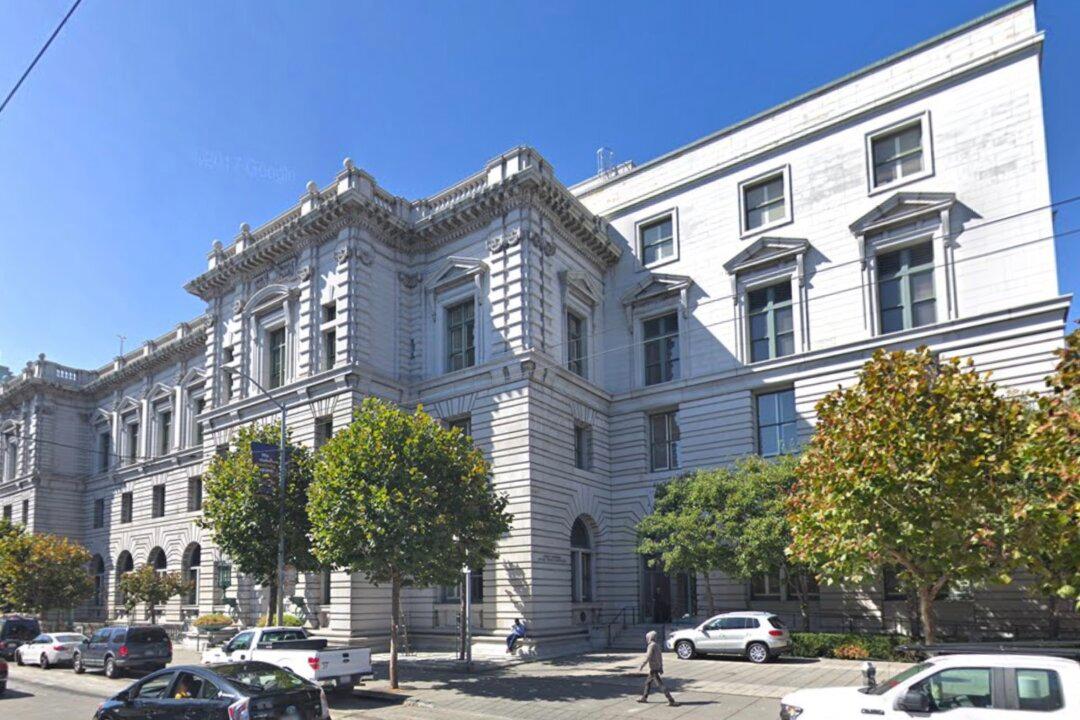A federal appeals court on July 6 upheld a lower court’s decision to block a Trump administration rule that requires asylum-seekers to first seek protection in a country they pass through on their way to the U.S.–Mexico border.
The U.S. Court of Appeals for the 9th Circuit found that the rule, known as the “third-country asylum rule,“ is unlawful under a federal law known as the Administrative Procedure Act (APA) when the rule was issued in July 2019. It said the rule was unlawful because it was inconsistent with immigration law as it ”does virtually nothing to ensure that a third country is a safe option“ and that it was promulgated in an ”arbitrary and capricious” manner (pdf). The case is cited as East Bay Sanctuary Covenant v. Barr.




